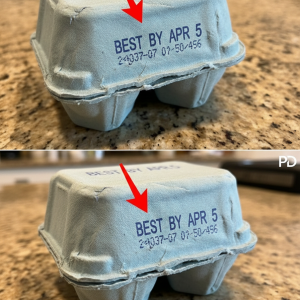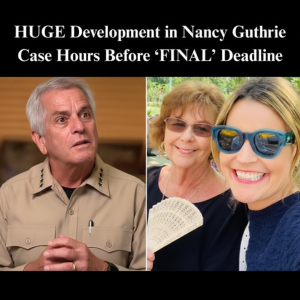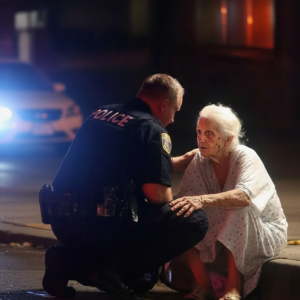President Donald Trump issued a sweeping pardon covering more than seventy individuals involved in efforts to challenge the 2020 presidential election results. The proclamation included names such as Rudy Giuliani, John Eastman, and Tyler Bowyer, who faced legal scrutiny for their roles in alternate elector plans and post-election litigation. Trump described the order as a move to correct what he called a “grave national injustice” that arose from investigations and prosecutions following the election. The pardon extends to anyone whose actions were related to organizing, advising, or supporting alternate slates of electors or to those who sought to expose alleged voting irregularities. However, the proclamation explicitly states that it does not apply to Trump himself, meaning his personal legal matters remain unaffected.
The order’s broad scope aims to protect political allies and participants in election-related activities from federal prosecution. The list of pardoned individuals includes prominent figures such as former White House Chief of Staff Mark Meadows, lawyer Sidney Powell, and several activists and state party officials involved in alternate elector efforts. Many of the pardoned have argued that they acted in good faith, believing their legal challenges were legitimate. Bowyer expressed gratitude on social media, saying the pardon offered relief to those who had suffered financial and emotional strain as a result of the investigations. Trump framed the move as part of a “national reconciliation” effort intended to bring closure to years of political division over the 2020 election.
The decision has significant legal and political implications. While it provides federal protection, it does not affect ongoing or potential state-level prosecutions, as presidential pardons apply only to federal offenses. In Arizona, Attorney General Kris Mayes signaled readiness to drop the state’s “fake electors” case after the pardon announcement, reflecting its immediate influence. Trump’s action underscores his continued defense of allies linked to the post-election controversies and his ongoing efforts to shape the narrative surrounding the 2020 vote.





